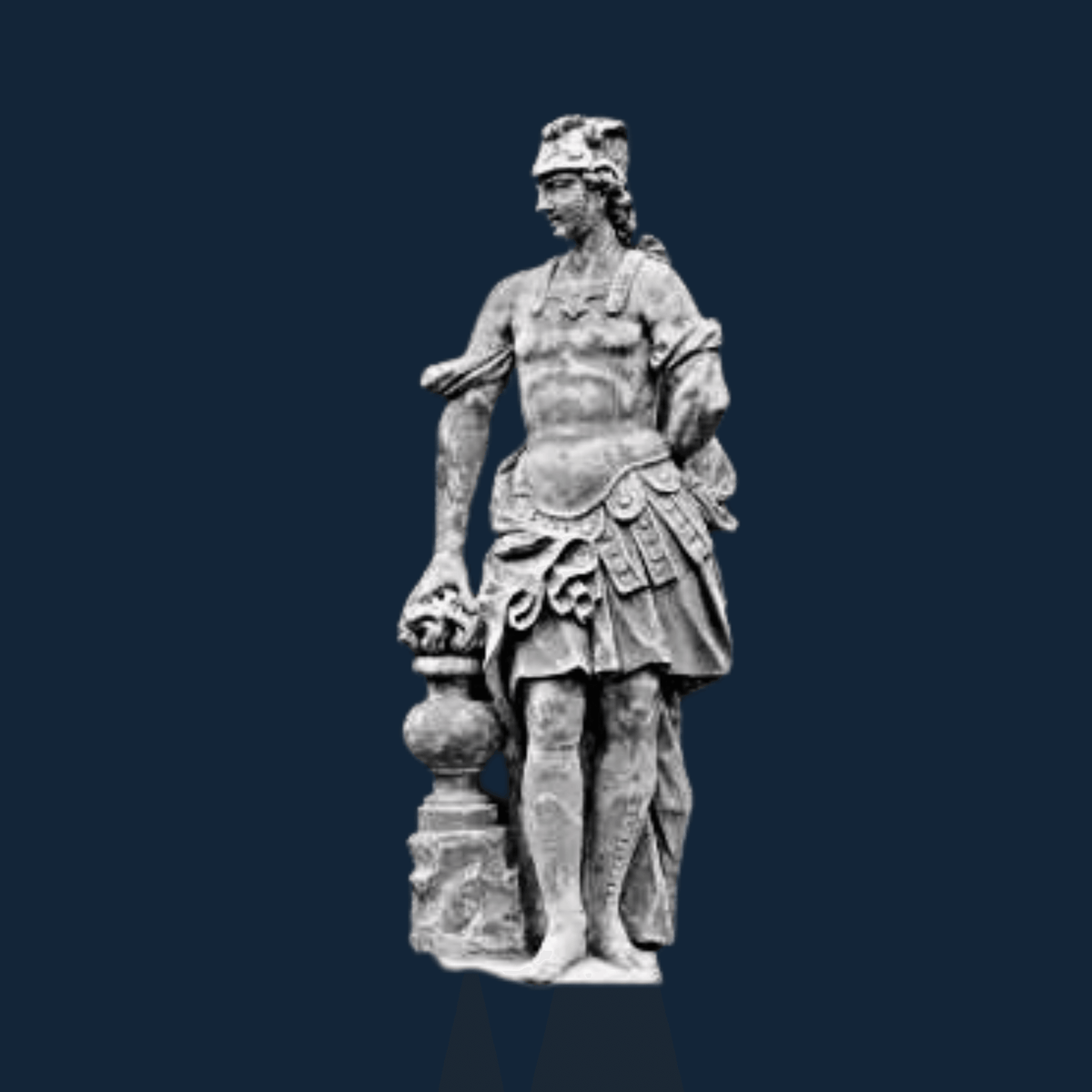Hymenaeus The God of Wedding and Marriage Ceremony
Jun 28, 22

Hymenaeus The God of Wedding and Marriage Ceremony
The Greek god Hymenaeus is one of the most interesting figures in ancient Greek mythology. he was the son of Ares and Aphrodite, and thus half-brother to Eros. This makes him the ultimate example of a half-breed: part human, part god.
Hymenaeus plays an important role in ancient wedding traditions. His identity as a god played an important part in this, especially among those who practised mixed marriages or marriages with a non-Greek partner.
The details surrounding his life and his connections to other gods often led to confusion regarding the exact role he played in ancient Greek marriage practices.
In this article, we will explore the various roles that Hymenaeus plays in ancient wedding traditions, and how his identity as a god might have influenced these customs.
The god of weddings and marriage
Hymenaeus was the son of Ares and Aphrodite. This makes him half-brother to the Eros who was born of the same parents but in the different parts of their natural bodies. In the ancient Greek view, being half-human did not make Hymenaeus any less divine.
In fact, he was considered to be the god of weddings and marriages. There are few reliable sources for information about Hymenaeus. Many of the myths that mention him or describe his role in weddings are either later embellishments or inaccurate representations of his true character.
Some of these myths may have incorporated elements of Hymenaeus’ origins into later wedding traditions. In some of these myths, Hymenaeus is associated with marriage and the wedding ceremony. For example, some myths state that the gods and mortals began to marry and exchange gifts after their king and queen had been chased away from their city by the Titans.
The king and queen of the gods then chose to stay in the kingdom of the mortals and exchanged gifts with their neighbours. This tradition may have become associated with the ancient Greek wedding ceremony and its rituals.
Hymenaeus and the wedding ceremony
The wedding ceremony was not a single event but rather a series of rituals that took place over a period of several days. One of these rituals, the wedding feast, was held in honour of the newlywed couple.
The feast was arranged by the groom’s family and friends, who provided it as a gift to the newlyweds. The bride’s family and friends often attended the feast as well.
However, their role was different from that of the groom’s family and friends. The bride’s family and friends were not giving a gift to the newlyweds but rather hosting them. The bride’s family and friends, therefore, played a much more active role in the wedding ceremony.
During the wedding ceremony, the bride and groom exchanged their vows and promises. They also gave a gift to each other, which was usually cloth or a piece of clothing.
Hymenaeus and the groom’s role in weddings
In many ancient Greek wedding traditions, the groom had a special role to play. He was usually responsible for arranging the feast, the gifts and the wedding ceremony, as mentioned above. The groom’s role in the ceremonies of ancient weddings was influenced by the role that Hymenaeus played.
In some wedding traditions, the couple were considered to be “married” by the gods as soon as they were chosen by the king and queen of the gods.
This may have influenced the role that the groom played in the wedding ceremony. The groom would then be responsible for giving the newlyweds gifts and making sure that they were well taken care of.
Hymenaeus and the bride’s role in weddings
As with the groom, the role of the bride in ancient weddings was influenced by the role of Hymenaeus. In some wedding traditions, the bride was considered “married” by the gods as soon as she was chosen by the king and queen of the gods.
This again may have influenced the role that the bride played in the wedding ceremony. The bride would then be responsible for giving the newlyweds gifts and making sure that they were well taken care of.
Hymenaeus and the honeymoon
The honeymoon after a wedding was a time for the newlyweds to enjoy each other’s company. It was usually a short vacation or a visit to a romantic destination, such as some distant islands.
The newlyweds would usually spend their first night as a married couple at the home of the groom. There was an ancient Greek belief that the first person to spend the night with a newlywed couple would have a special influence on them.
Conclusion
The ancient Greeks considered the gods to be perfect examples of human beings. They, therefore, believed that a person who was half-god was still fully human.
The fact that a person was a half-breed did not make this person less divine. Hymenaeus was a half-breed who was worshipped as a god. In fact, he was the son of Ares and Aphrodite, the parents of Eros. Therefore, he was fully human and fully divine.
The role that Hymenaeus played in ancient wedding traditions was influenced by his divine nature. He was considered to be a god associated with marriage and the wedding ceremony. The groom sometimes had to give the newlyweds gifts and make sure that they were well taken care of during their honeymoon. The bride was also considered to be “married” to the gods as soon as she was chosen by the king and queen of the gods.
This again may have influenced the role that the bride played in the wedding ceremony. The bride would then be responsible for giving the newlyweds gifts and making sure that they were well taken care of during their honeymoon.





